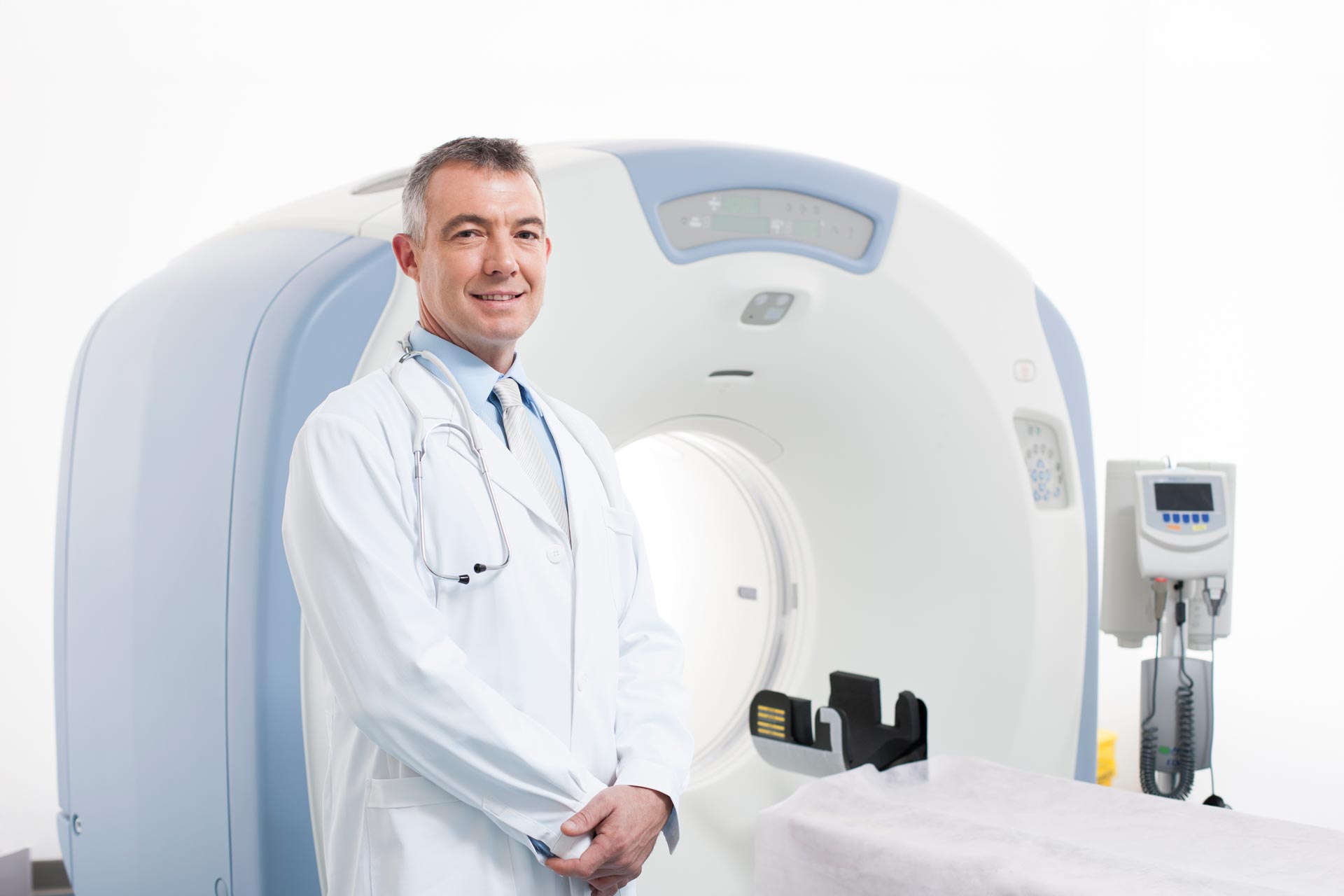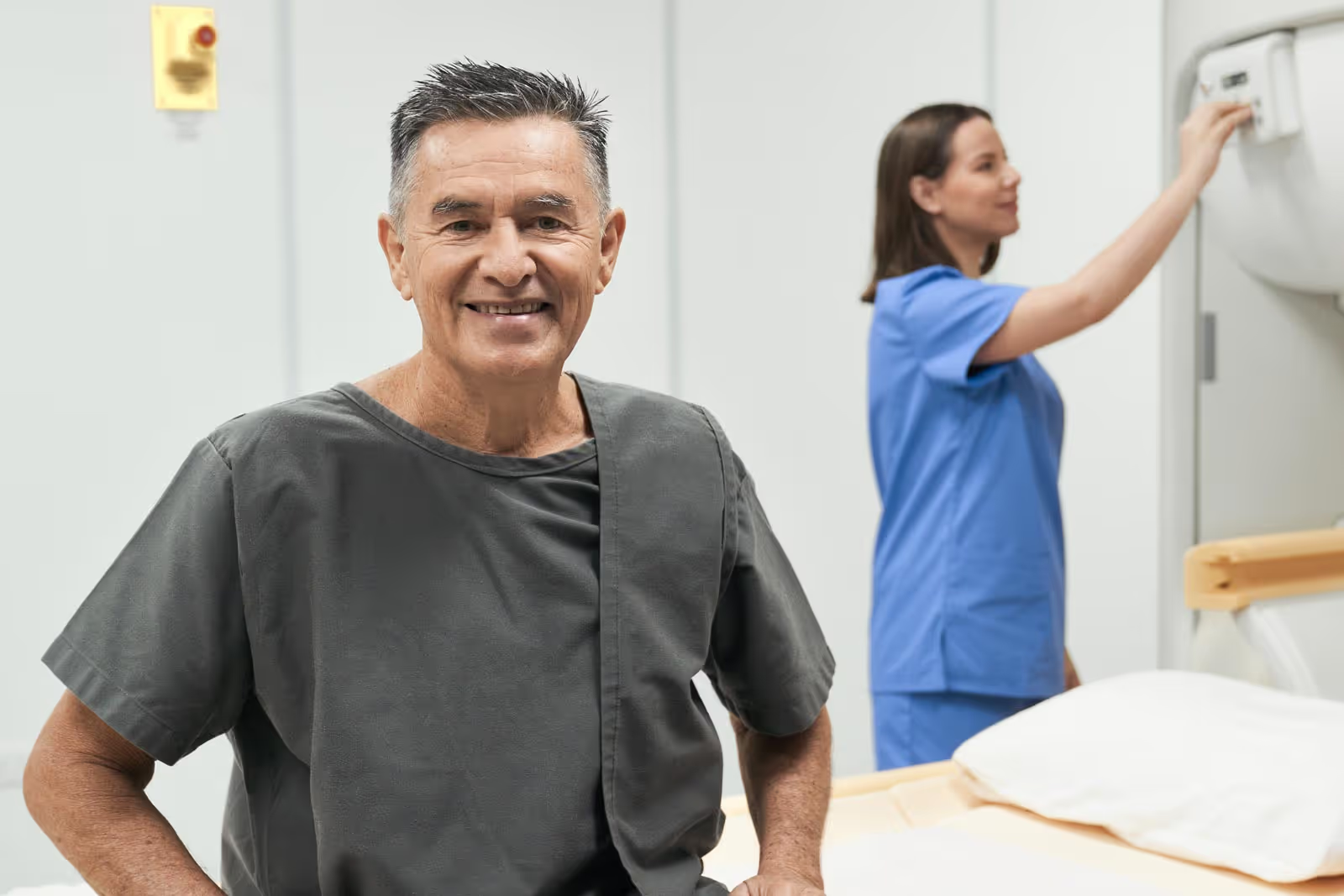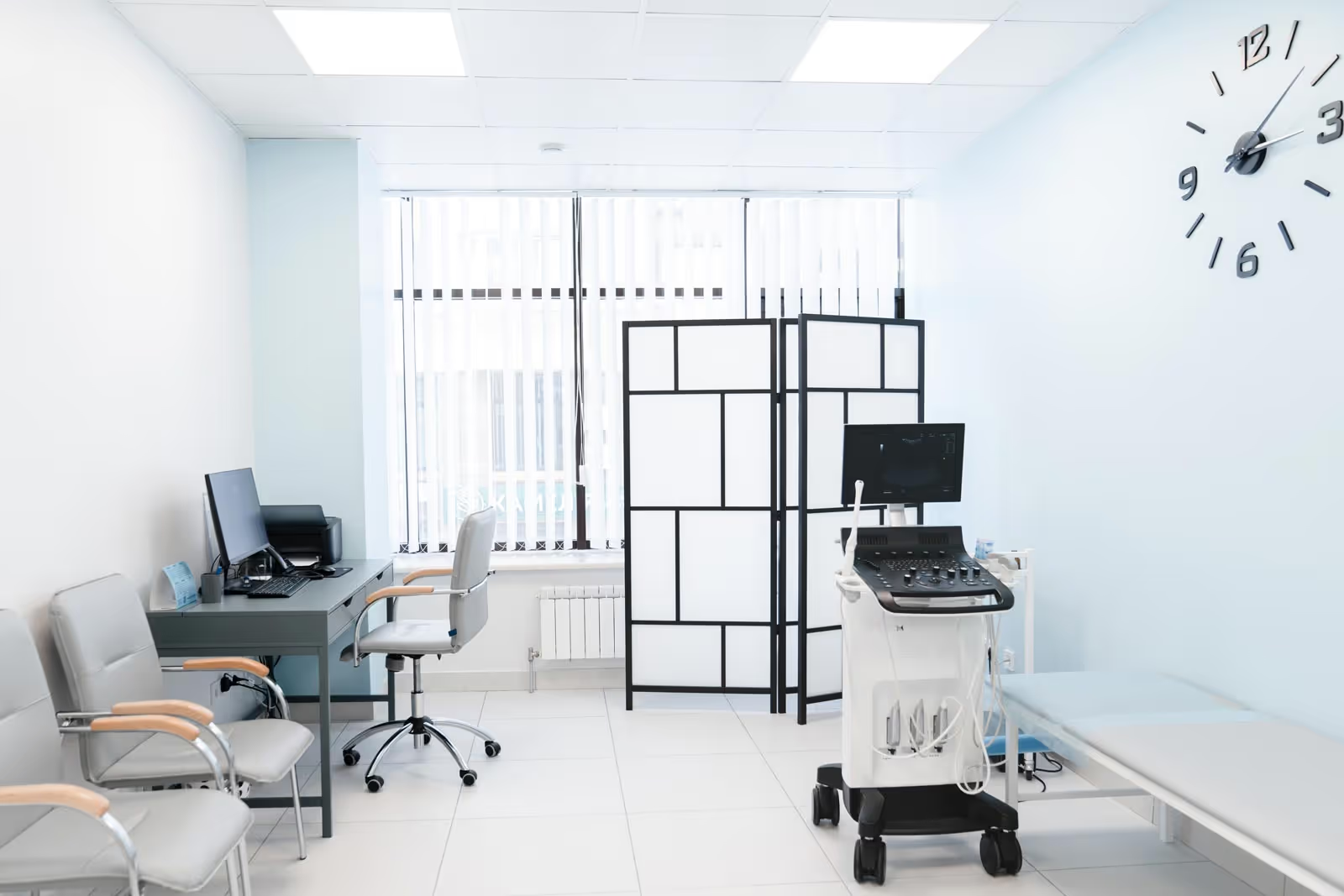Targeted cancer control with quality‑of‑life preservation
FOCALYX enables tissue‑sparing focal therapy guided by deformable MRI–ultrasound fusion, so you can ablate what matters and spare what doesn’t. For appropriately selected men, this approach pairs durable oncologic control with continence and potency rates that support a rapid return to everyday life. Most patients are treated in an office or outpatient setting with same‑day discharge, clear recovery expectations, and a structured follow‑up plan (PSA, imaging, and indicated biopsies) that keeps them closely connected to your team.
Quick Data >> Can we make this into a nice graphic?
- ~86% cancer‑free at 5 years in focal therapy cohorts
- ~94–95% report same or better urinary function post‑procedure
- ~88% maintain erections post‑ablation
- Office/outpatient procedure with minimal downtime
Who benefits most
Ideal candidates are typically low‑risk and favorable‑intermediate profiles confirmed on image‑targeted biopsy. Shared decision‑making remains central; FOCALYX helps you align the plan to each patient’s priorities around cancer control and quality of life.
Reported Psychological Benefits to Patients
- Reduced fear
Many patients report feeling less anxiety about their future health because Focalyx targets only the tumor and preserves healthy prostate tissue. This precise, minimally invasive approach gives them confidence that the cancer is being addressed without unnecessary harm, helping to alleviate the fear that often follows a diagnosis.
- Faster return to their everyday life
Because the procedure is performed in-office and requires minimal recovery time, patients often resume their normal activities within days. This quick return to familiar routines provides a strong sense of normalcy and control, which can have a positive psychological impact during what is otherwise a stressful life event.
- Sustained Erectile Function and Sexual Satisfaction
Clinical data show that focal therapy preserves erectile function in the majority of patients, enabling them to maintain sexual activity and satisfaction after treatment.
- Increased overall daily comfort
By avoiding the more invasive effects of surgery or radiation—such as long-term catheter use, severe fatigue, or significant pain—patients frequently report feeling more comfortable and at ease in their daily lives. This physical comfort directly supports emotional well-being and a more optimistic outlook on recovery.

.svg)
.svg)
.svg)
.svg)


.svg)







.svg)
























